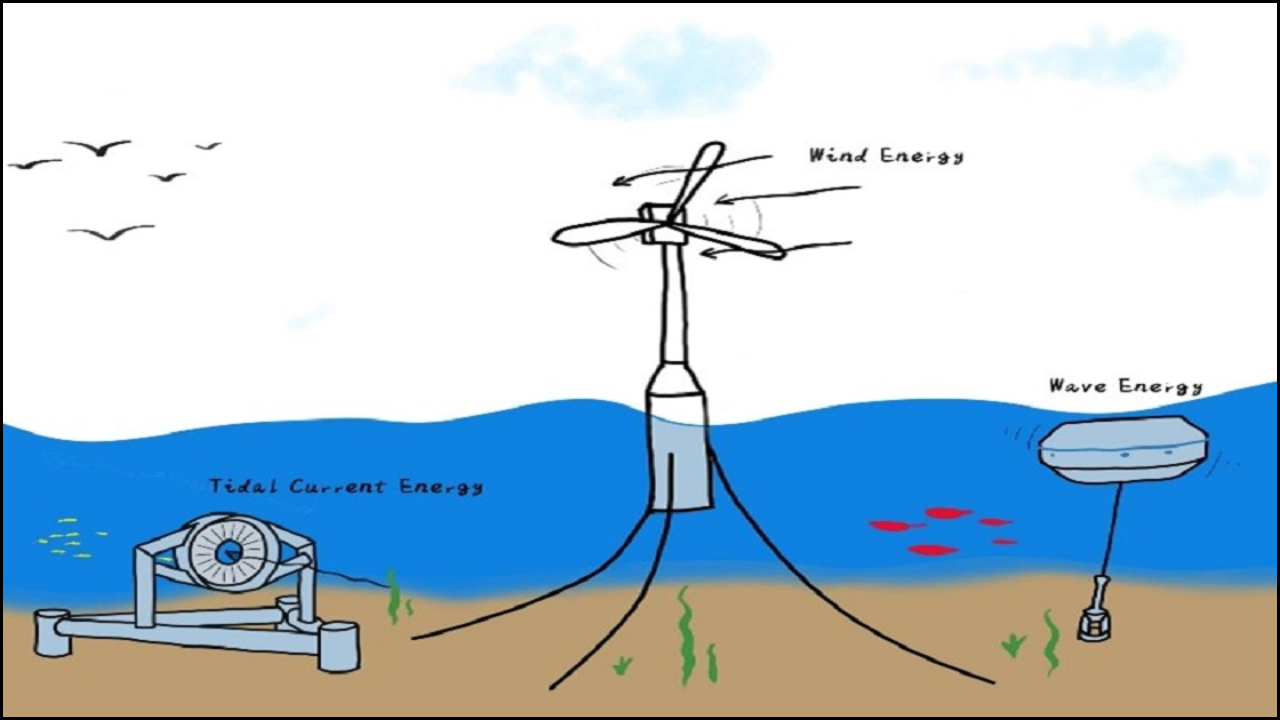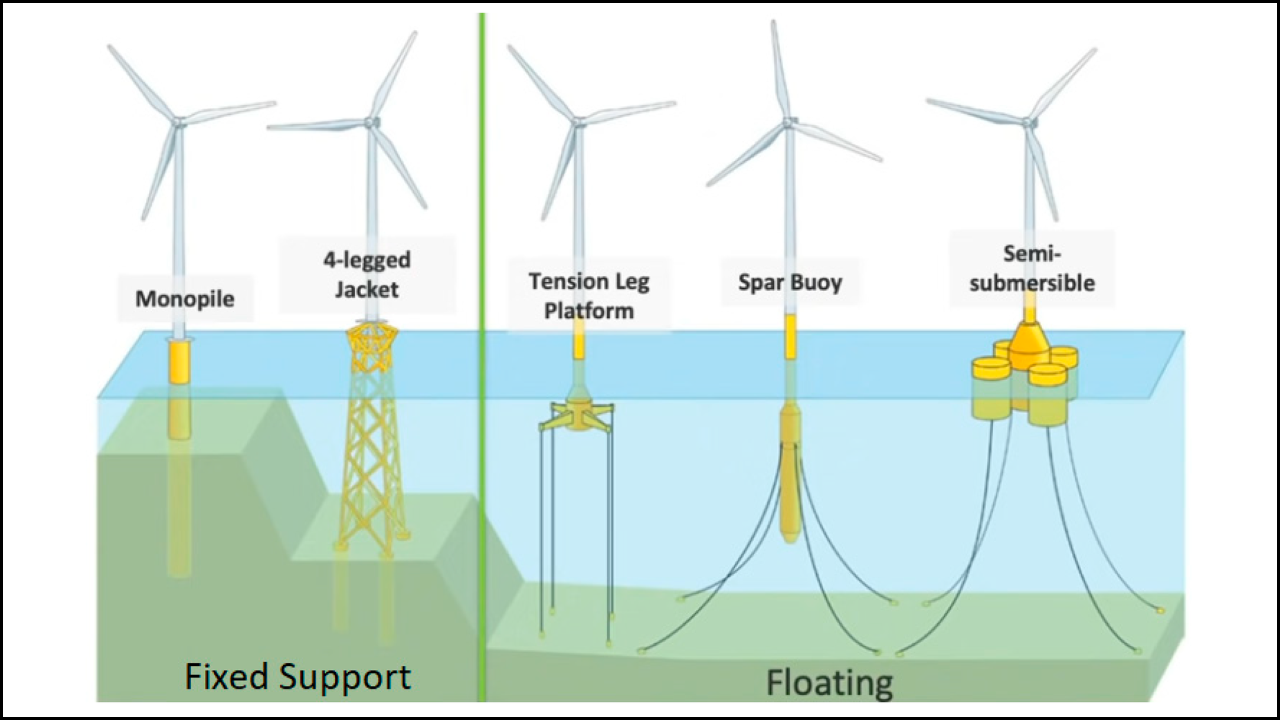
Global collaboration in climate research stands as a critical pillar for achieving sustainability and addressing the escalating climate crisis. Ethical governance in international climate research ensures that innovation and policy are guided by fairness, transparency, and accountability. Responsible management of research partnerships, data sharing, and funding is vital to maintaining trust among nations and communities. A strong ethical framework fosters cooperation, mitigates exploitation risks, and aligns global efforts toward equitable climate action.
Table of Contents
Importance of Ethics in Climate Research
Ethics in climate research ensures that the development and dissemination of knowledge serve humanity’s collective interest rather than individual or national advantage.
- Ethical frameworks prevent bias and promote inclusivity across global research projects.
- Climate data handling and interpretation require accuracy to avoid misinformation or political misuse.
- Transparent research practices increase credibility among the scientific community and public stakeholders.
- Equitable access to research outcomes enables developing nations to benefit from technological and environmental progress.
Core Ethical Principles in Global Climate Collaboration
Climate research depends on shared scientific responsibility and moral integrity. The following principles guide ethical international cooperation:
- Integrity: Ensures honesty in data collection, publication, and reporting of results.
- Accountability: Promotes responsibility among all stakeholders, including governments, funding agencies, and researchers.
- Transparency: Encourages open access to research processes and findings.
- Equity: Guarantees fair representation of developing nations and indigenous communities.
- Sustainability: Prioritizes long-term environmental welfare over short-term political or economic gains.
Key Ethical Principles and Their Application in Climate Research
| Ethical Principle | Application in Climate Research |
|---|---|
| Integrity | Ensures credible data and honest reporting without manipulation. |
| Transparency | Promotes open sharing of datasets and methodologies. |
| Accountability | Holds institutions responsible for research impacts and outcomes. |
| Equity | Guarantees inclusion of vulnerable regions in global studies. |
| Sustainability | Aligns research outcomes with long-term ecological balance. |
Governance Mechanisms in Climate Research
Governance systems play a fundamental role in coordinating international projects, ensuring that ethical standards are upheld at every stage.
- International bodies like the Intergovernmental Panel on Climate Change (IPCC) and UNESCO provide guidelines for data ethics and cooperation.
- National research councils establish codes of conduct for scientists involved in global studies.
- Independent ethics review boards evaluate project proposals for compliance with environmental and social standards.
- Collaborative governance frameworks facilitate joint ownership of intellectual property and data among partner countries.
Role of Data Governance
Climate research produces vast datasets that influence major policy decisions. Ethical data governance safeguards accuracy, confidentiality, and fairness.
- Secure data-sharing systems prevent misuse or manipulation of sensitive environmental information.
- Common international data standards improve consistency across nations.
- Open-access policies encourage innovation while maintaining respect for proprietary rights.
- Proper attribution ensures recognition for all contributors, particularly from underrepresented regions.
Ethical Dilemmas in International Climate Collaboration
Global cooperation introduces complex ethical challenges that require careful navigation.
- Unequal access to funding can marginalize researchers from developing nations.
- Political interference may distort scientific conclusions for national advantage.
- Intellectual property disputes can hinder the free exchange of technologies.
- Field studies in indigenous or rural areas may risk exploitation without proper community consent.
Common Ethical Dilemmas and Possible Solutions
| Ethical Challenge | Possible Solution |
|---|---|
| Unequal funding distribution | Promote balanced resource allocation through global research funds. |
| Data ownership disputes | Establish shared licensing agreements and recognition protocols. |
| Political influence on results | Maintain independence through peer-reviewed publication processes. |
| Exploitation of vulnerable communities | Implement consent-based research practices and benefit-sharing policies. |
Global Governance Frameworks and Agreements
Several international frameworks guide ethical climate collaboration:
- Paris Agreement (2015): Encourages transparent climate action and shared responsibility among nations.
- UN Sustainable Development Goals (SDGs): Align research priorities with global sustainability targets.
- Belmont Report Principles: Emphasize respect, beneficence, and justice in human-involved studies.
- OECD Guidelines: Support ethical conduct in scientific cooperation and data exchange.
Institutional Responsibility and Leadership
Universities, funding agencies, and research organizations bear a collective duty to embed ethical principles in their operations.
- Ethical leadership promotes trust in climate science outcomes.
- Funding agencies must ensure equitable grant distribution and prevent conflicts of interest.
- Training programs in research ethics enhance awareness among emerging scientists.
- Institutions should implement monitoring systems to ensure adherence to ethical codes.
Public Engagement and Ethical Accountability
Public involvement reinforces ethical governance in climate research by ensuring inclusivity and transparency.
- Citizen participation strengthens democratic decision-making.
- Open communication of results builds trust and counteracts misinformation.
- Collaboration with local communities helps align research with real-world environmental needs.
- Ethical accountability encourages mutual learning between scientists and the public.
Public Engagement Methods in Climate Research
| Engagement Method | Purpose and Impact |
|---|---|
| Public consultations | Collects diverse perspectives to shape inclusive policies. |
| Citizen science initiatives | Encourages public contribution to data collection and analysis. |
| Workshops and forums | Facilitate dialogue between scientists, policymakers, and communities. |
| Media transparency | Increases awareness and trust in research outcomes. |
Future Directions for Ethical Climate Governance
Emerging technologies, such as artificial intelligence and remote sensing, are transforming climate research. These innovations necessitate updated ethical frameworks.
- AI-driven models require accountability to avoid algorithmic bias.
- Cross-border collaboration should emphasize mutual benefits rather than competitive advantage.
- Environmental justice principles must guide research to support the most affected populations.
- Global funding partnerships should prioritize transparency and equity.
Key Takeaways
Ethics and governance form the backbone of credible, inclusive, and sustainable climate research. A transparent framework ensures that international collaboration advances collective knowledge while upholding fairness and justice. Equitable governance not only strengthens scientific integrity but also enhances trust among nations and communities. As global partnerships expand, maintaining ethical balance will be essential for creating a just and effective response to climate change.




